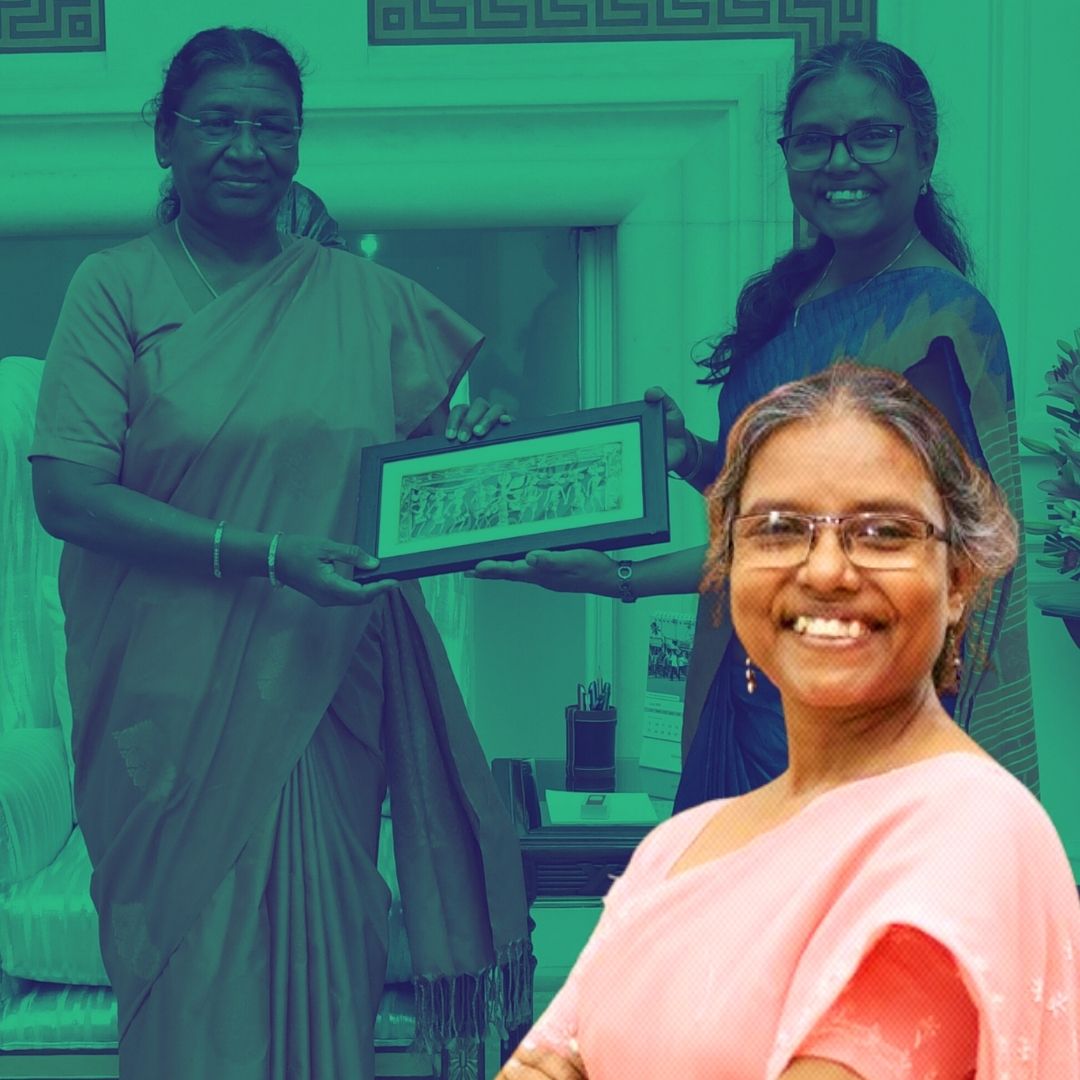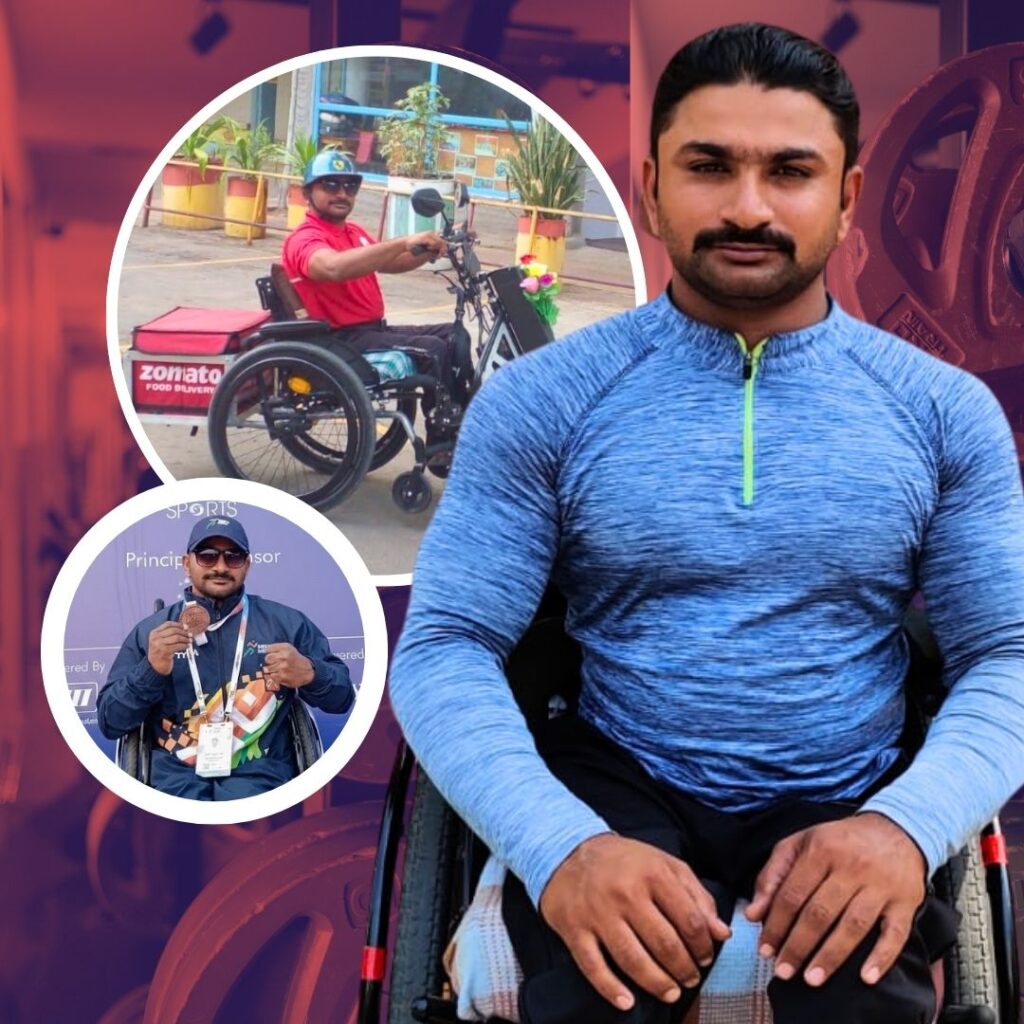At just five years old, Sonajharia Minz was denied admission to an English-medium school in Ranchi, Jharkhand, solely because she belonged to the Adivasi community. This early experience of discrimination, while painful, ignited a fierce determination in her to overcome societal barriers.
Today, Dr. Minz stands as a trailblazer — the first tribal woman to become Vice-Chancellor of Sidho Kanho Murmu University and, in 2025, India’s first tribal UNESCO Co-Chair. Her historic appointment marks a milestone not only for tribal representation in academia but also for the global recognition of Indigenous knowledge systems.
Breaking Barriers: From Tribal Roots to Academic Excellence
Born into the Oraon tribe, the second-largest tribal community in Jharkhand with a population of approximately 3.6 million, Sonajharia Minz’s early life was shaped by exclusion and discouragement. She was told not to study Sanskrit, deemed the “language of the Aryans,” and discouraged from pursuing mathematics despite her aptitude.
Undeterred, she pursued higher education with determination, earning a PhD in Computer Science from Jawaharlal Nehru University (JNU). Specialising in artificial intelligence and spatial data analytics, she has contributed significantly to academia as a professor and researcher.
In 2020, Dr. Minz made history by becoming the first tribal woman Vice-Chancellor of Sidho Kanho Murmu University, an institution dedicated to advancing tribal education and empowerment. Her leadership there has focused on inclusive education and the promotion of tribal languages and culture.
In January 2025, UNESCO appointed her as Co-Chair of the Chair in Transforming Indigenous Knowledge Research Governance and Rematriation, a collaborative initiative between JNU and Simon Fraser University, Vancouver. This role makes her the first Indian tribal person to hold such a prestigious global position, tasked with revitalising Indigenous knowledge and cultural heritage on an international scale.
Context and Significance: Championing Indigenous Knowledge and Rights
Dr. Minz’s appointment comes at a time when Indigenous communities worldwide are asserting their rights to self-determination, cultural preservation, and equitable participation in research governance. Alongside Canadian scholar Dr. Amy Parent, she will lead efforts over the next four years to strengthen Indigenous-led research frameworks, promote gender-inclusive community models, and facilitate the rematriation — the return — of cultural belongings taken during colonial times.
Her work uniquely blends cutting-edge technology with Indigenous epistemologies, aiming to create sustainable, community-driven solutions that challenge colonial legacies and empower Indigenous peoples. By focusing on tribal language revival and heritage restoration, Dr. Minz is helping safeguard the identity and dignity of millions of Adivasi people in India and Indigenous groups globally.
The Logical Indian’s Perspective
The Logical Indian celebrates Dr. Sonajharia Minz’s remarkable journey as a testament to resilience, courage, and the transformative power of education. Her achievements challenge systemic discrimination and inspire tribal youth and women to envision leadership roles previously thought unattainable.
We believe that fostering empathy, open dialogue, and inclusive policies is essential to dismantling prejudice and building a more just and harmonious society.












